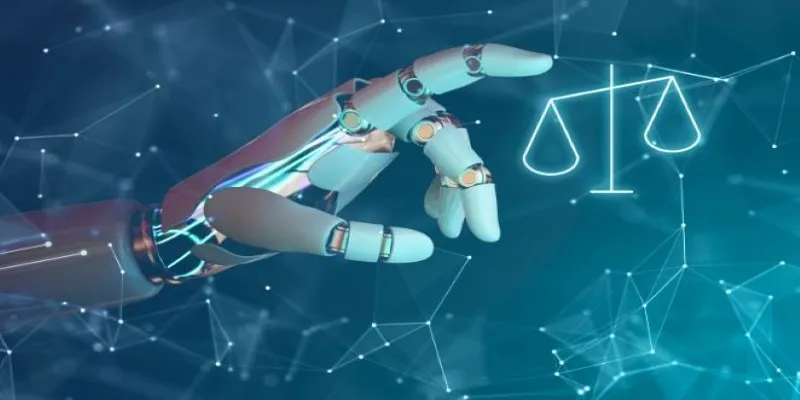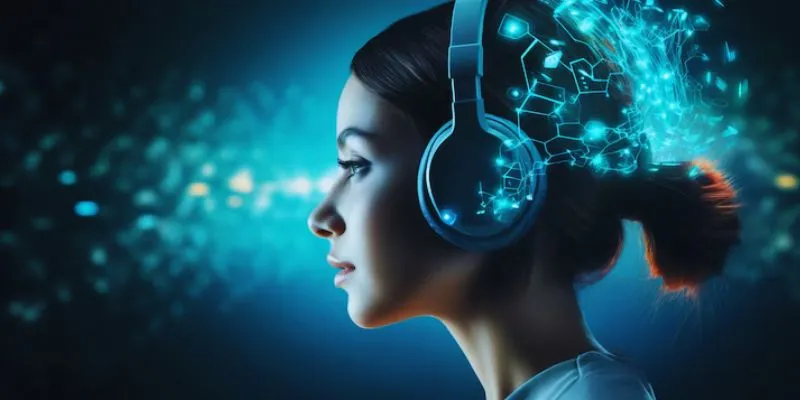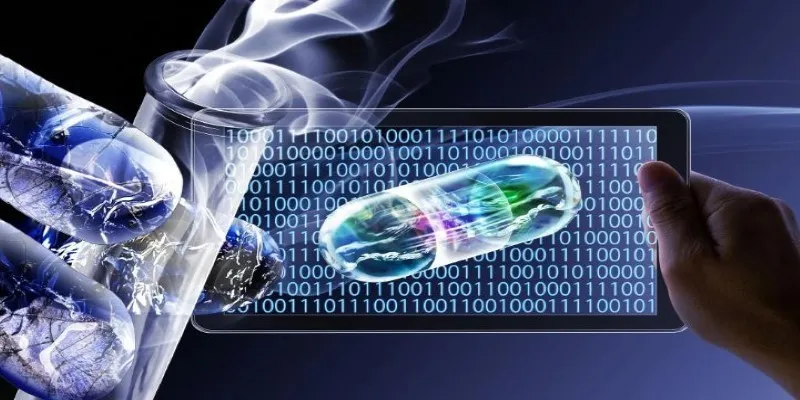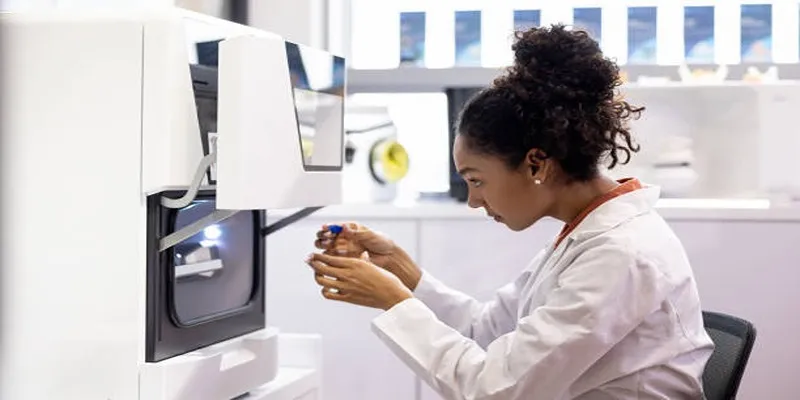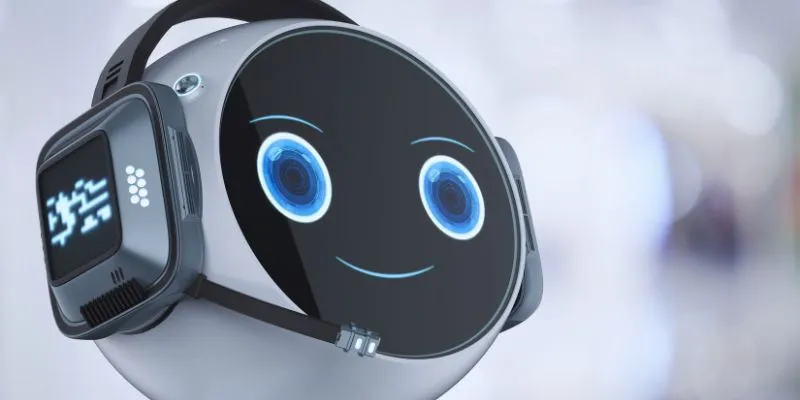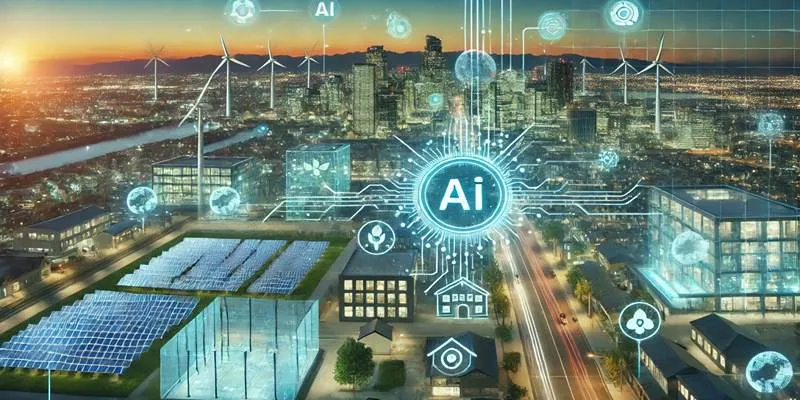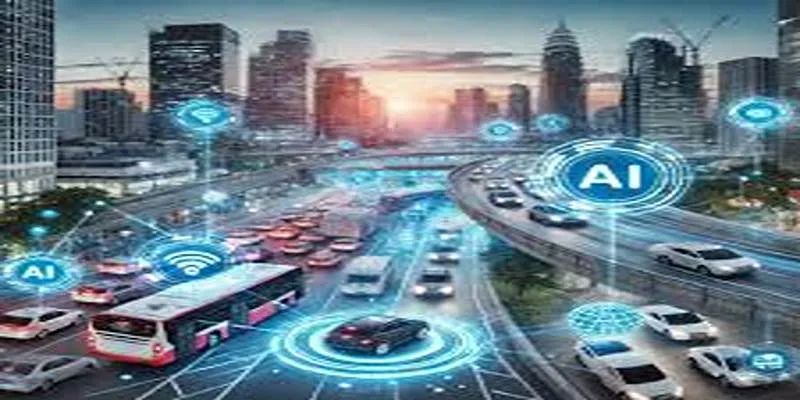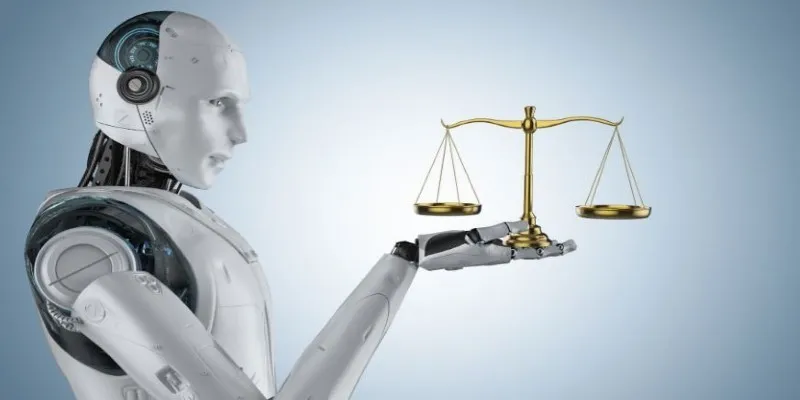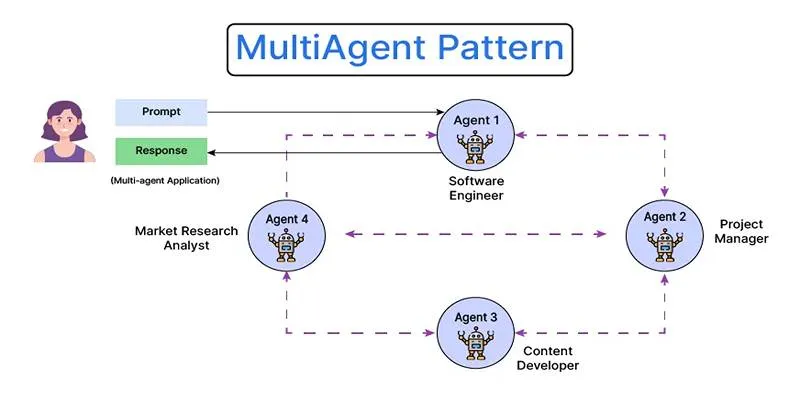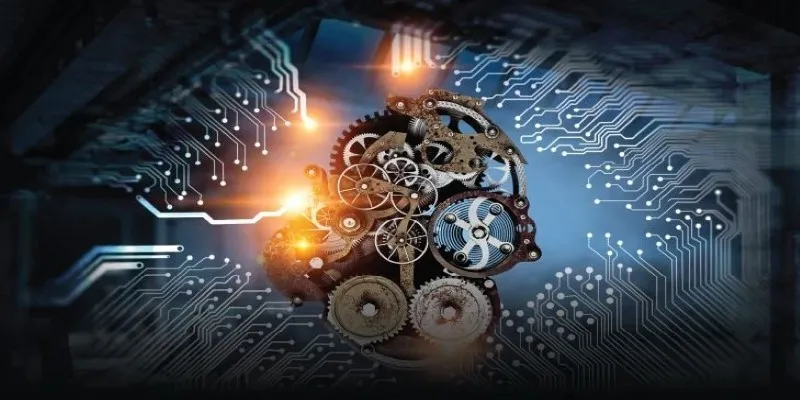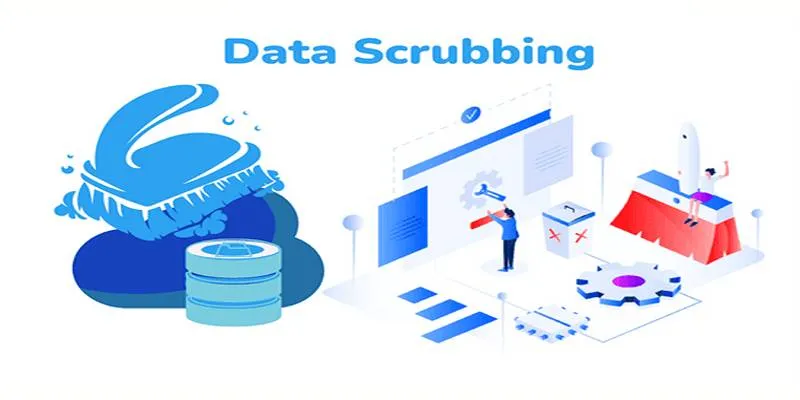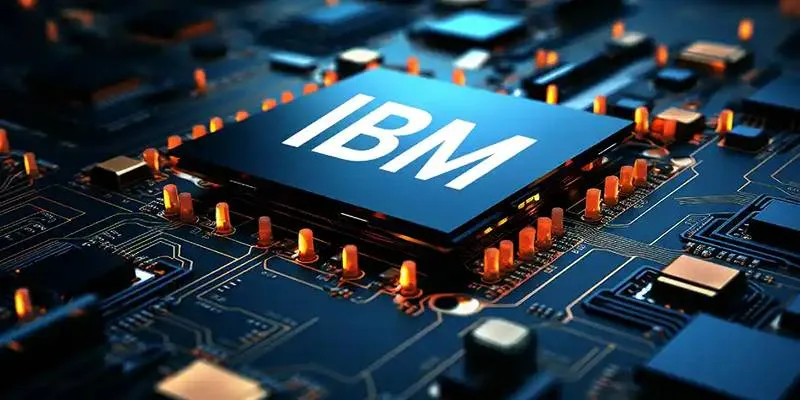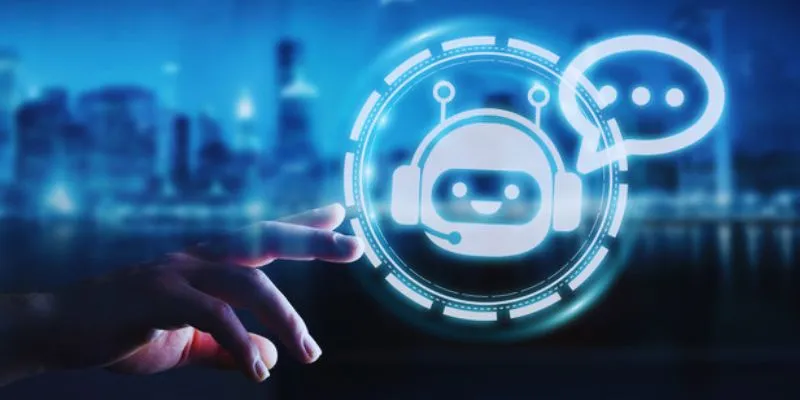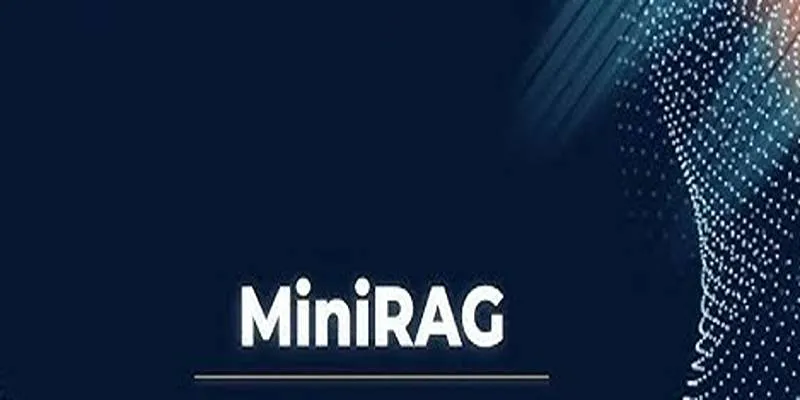Artificial Intelligence (AI) is revolutionizing marketing by automating tasks and analyzing vast volumes of data. In 2025, companies are leveraging AI- powered solutions to enhance advertising, improve targeting, and enrich customer experiences. With AI-driven tools, marketers can craft personalized strategies that boost engagement and conversion rates. Technologies such as predictive analytics, chatbots, and machine learning are redefining consumer interactions for businesses.
AI empowers companies to make data-driven decisions, reducing inefficiencies and optimizing results. By 2025, businesses that integrate AI-driven marketing strategies will gain a competitive edge. Understanding the role of artificial intelligence in marketing is crucial for success in this evolving landscape.
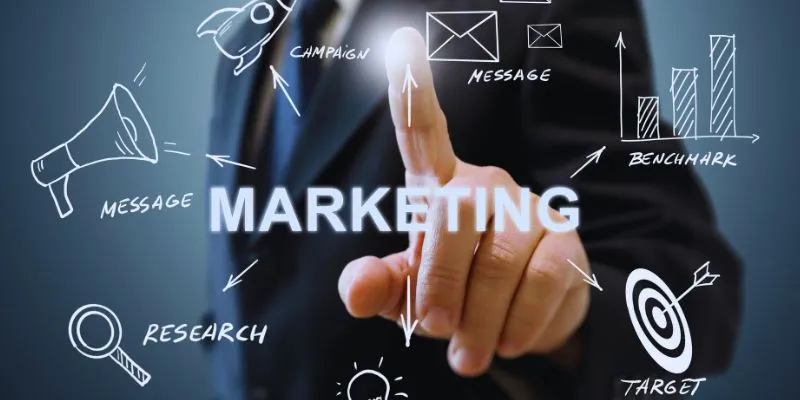
AI-Powered Personalization in Marketing
AI enables companies to deliver highly personalized experiences. By analyzing consumer behavior and preferences, AI-powered algorithms create targeted marketing campaigns. With AI-driven tools, businesses can recommend products based on past purchases, browsing behavior, and real-time interactions. AI enhances email marketing by crafting personalized subject lines, content, and promotions tailored to each user.
AI-powered chatbots provide real-time assistance, responding to consumer inquiries with a personal touch. This level of customization enhances engagement and strengthens consumer relationships. AI also optimizes ad placements to ensure consumers see content relevant to their interests. Companies using AI-driven personalization experience higher conversion rates. AI continuously refines personalization by analyzing real-time data, keeping businesses competitive.
AI in Predictive Analytics and Data Insights
AI-driven predictive analytics allow companies to anticipate consumer behavior and trends. By analyzing historical data, AI identifies patterns and predicts future consumer actions. Businesses utilize AI-driven insights to refine marketing strategies, ensuring better targeting and a higher return on investment. AI systems process large amounts of data rapidly, providing accurate insights into consumer preferences. These insights enable companies to optimize campaigns, pricing, and promotions.
AI-powered models offer demand forecasting, allowing for more precise marketing and inventory planning. AI identifies high-value customers, improving audience segmentation. Companies using predictive analytics can mitigate risks, forecast market trends, and boost engagement. AI-driven insights enable marketers to make evidence-based decisions, enhancing overall business performance.
Chatbots and AI-Driven Customer Interactions
AI-powered chatbots are transforming customer interactions by providing instant responses. These chatbots enable companies to answer questions, offer product recommendations, and facilitate purchases. Available 24/7, chatbots enhance user experience and reduce response times. Using natural language processing (NLP), AI chatbots understand consumer intent and deliver personalized interactions. AI-powered virtual assistants provide human-like support and handle complex inquiries.
AI-driven chatbots guide prospects through the sales process and assist in automating lead generation. They also offer post-purchase support, increasing customer satisfaction. By freeing human agents from routine tasks, chatbots allow them to focus on complex issues. Businesses implementing AI-powered chatbots benefit from reduced costs, increased efficiency, and improved engagement. AI-driven interactions ensure seamless and personalized consumer experiences.
AI-Enhanced Content Creation and Marketing Automation
AI is revolutionizing content marketing by automating creation and distribution. AI-driven tools produce high-quality blog posts, social media updates, and ad content tailored to specific audiences. These tools optimize content for engagement and conversion using data-driven insights. AI automates content scheduling and posting, helping businesses maintain consistent messaging. AI-driven tools analyze audience behavior to refine content strategies, ensuring relevance and effectiveness. AI generates automated scripts and visuals, enhancing video marketing.
Companies use AI to create personalized content recommendations, boosting user engagement. AI-driven automation tools streamline processes, reducing manual workload and increasing productivity. Businesses using AI-driven content creation achieve better results with fewer resources. AI ensures brands reach the right audience with the right message, optimizing marketing efforts. AI- driven content marketing enhances audience engagement and brand awareness.
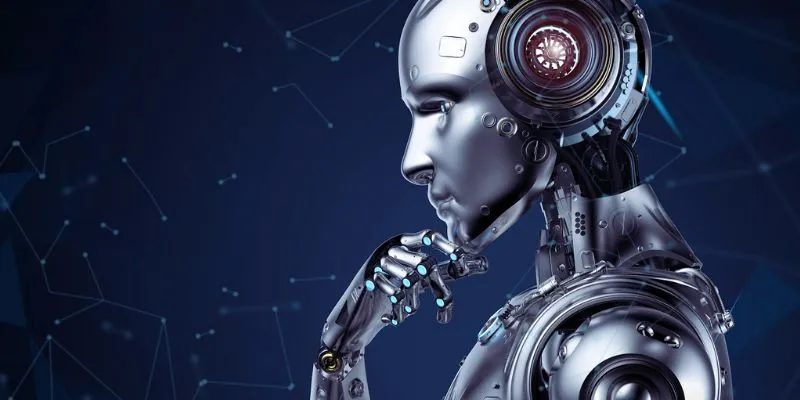
AI’s Role in Social Media Marketing
AI-driven automation is transforming social media marketing. AI-powered systems analyze user interactions, enabling businesses to optimize their social media strategies. AI tracks audience behavior, sentiment analysis, and engagement data to maximize content performance. By automating post- scheduling, AI-driven systems ensure businesses stay active across multiple channels. With AI-powered insights, companies monitor competitor strategies and adjust their tactics accordingly.
AI enhances ad targeting by analyzing user data and predicting audience behavior. AI-driven influencer marketing solutions help businesses select the right partners. AI chatbots respond to consumer inquiries promptly, improving social media interactions. AI-driven image and video recognition systems enhance content categorization. Actionable insights from AI-driven analytics allow companies to adapt their strategies in real-time. Businesses using AI in social media marketing experience increased brand awareness, higher engagement, and improved conversion rates. AI transforms social media marketing into a highly effective, data-driven approach.
AI-Driven Advertising and Targeting Strategies
AI optimizes digital advertising through enhanced audience targeting and ad placements. AI-backed platforms analyze user behavior to deliver highly relevant ads. AI-driven tools assist companies in managing bid optimization and programmatic advertising. AI algorithms determine the optimal time and platforms for ad display to maximize impact. By identifying consumers most likely to convert, AI improves retargeting efforts. AI-generated ad creatives adapt to consumer preferences, increasing engagement rates.
AI-driven automation ensures continuous optimization based on real-time ad performance data. Companies can swiftly adjust their strategies and track ad effectiveness using AI insights. AI helps reduce ad fraud by ensuring transparency and detecting suspicious activity. AI-driven ad targeting maximizes return on investment by minimizing wasted ad spend. AI enables companies to deliver relevant, personalized ads to their target audience. AI- driven advertising strategies enhance customer engagement and marketing performance.
Conclusion
In 2025, artificial intelligence is reshaping marketing, transforming strategies into personalized, automated, data-driven approaches. Companies utilizing AI gain a competitive advantage through improved targeting, content creation, and customer engagement. AI-driven tools optimize marketing automation, social media strategies, and advertising efforts. Businesses implementing AI-driven marketing techniques see enhanced customer retention, efficiency, and return on investment. The evolution of AI technology will continue to shape its impact on marketing. Companies that embrace AI will stay ahead of the competition. AI-driven marketing will define the future of digital marketing.
 zfn9
zfn9
